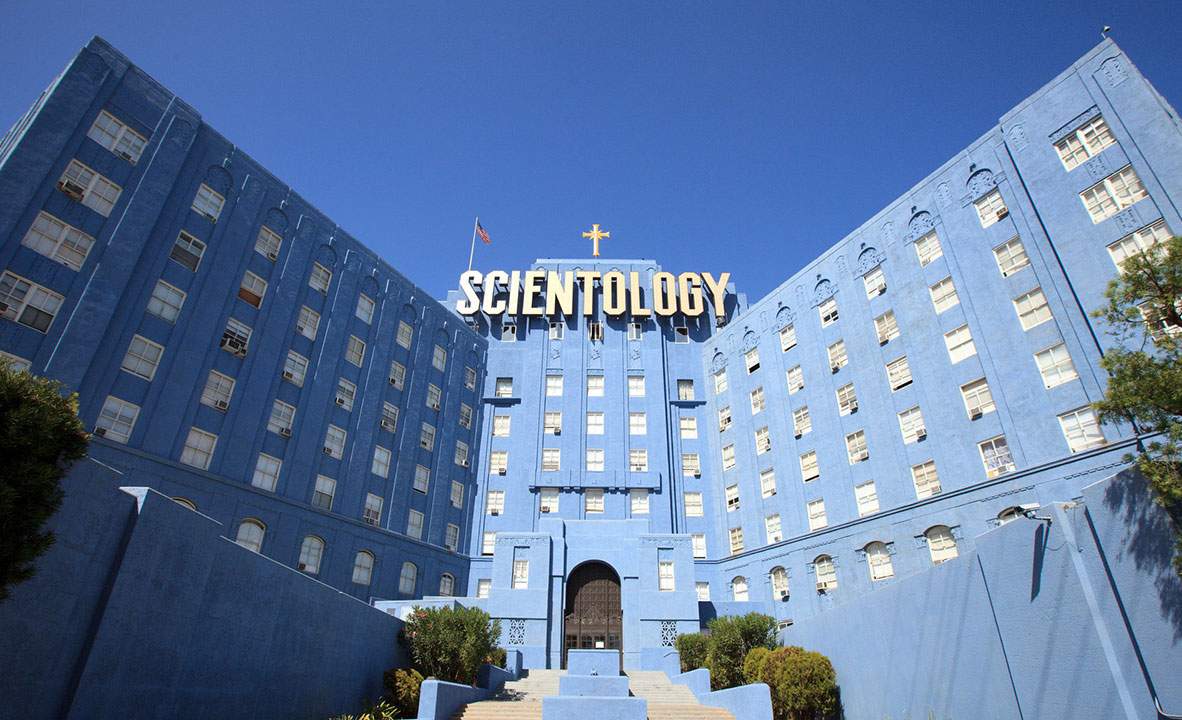Going Clear: Scientology and the Prison of Belief
An incredible doco/horror movie about one of the world's most divisive religions.
Overview
Few documentarians have the same taste for hot button issues as Academy Award winner Alex Gibney. From Julian Assange (We Steal Secrets) to Lance Armstrong (The Armstrong Lie), enhanced interrogation (Taxi to the Darkside) and sexual abuse in the Catholic Church (Mea Maxima Culpa), the New York filmmaker certainly isn’t afraid of controversy, as his latest film once again proves. Going Clear is a revealing and often disturbing look at the history, tenets and purportedly shady practices of one of the most divisive religious organisations in the world. If even half of what is alleged in it is true, then it’s not just an incredible doco, but a first-rate horror movie as well.
Early sections of the film concern the early days of Scientology, and in particular the life of its creator, L. Ron Hubbard. Throughout the ‘30s and ‘40s Hubbard worked as a struggling science-fiction and fantasy writer, during which time his then wife claims he often remarked that “the only way to make any real money was to have a religion”. It was in the early '50s that Hubbard released Dianetics, a self-help book that would form the basis for Scientology. Yet as the movement grew, so too did its founder’s neurosis.
The latter half of the film concerns Scientology under David Miscavige, who became head of the church after Hubbard’s death. This section leans heavily on a number of interviews with ex-Scientologists, including Oscar-winning Hollywood director Paul Haggis, as well as the head of the shadowy Office of Special Affairs — a kind of church secret service charged with running smear campaigns against members who dared to speak out. “People will judge me as really stupid,” says Haggis ruefully. “But then, I was really stupid.”
With these chilling testimonials, Gibney dismisses the idea that the church is simply a group of harmless eccentrics. Stories of intimidation, brainwashing and emotional and physical abuse are but the tip of the iceberg — and the agony doesn’t always end once you leave. Many members who abandoned the church have found themselves cut off from their friends and family, while others have been targeted for ongoing public harassment.
But perhaps the most telling thing about the film has been the way the church has reacted to it. Almost every person involved in the production of the documentary has had their character viciously attacked; the organisation has even gone after film critics who published positive reviews. So, at the risk of opening ourselves up to unwanted confrontation: go and see this movie as soon as you possibly can.





